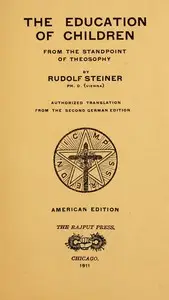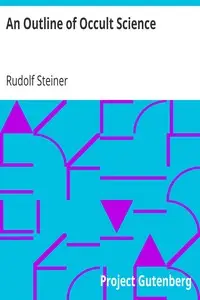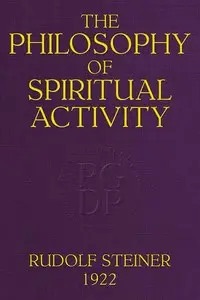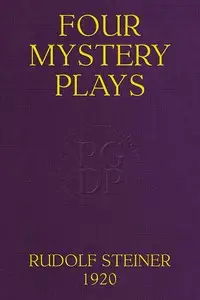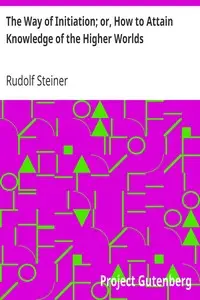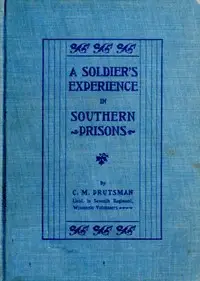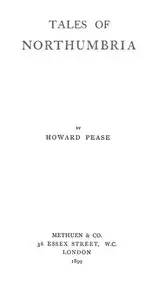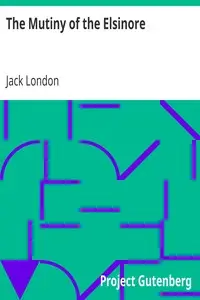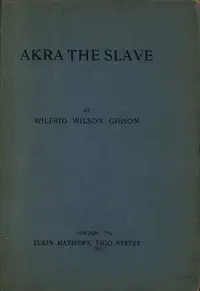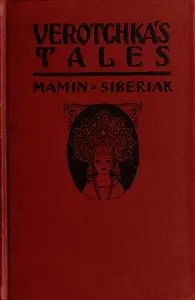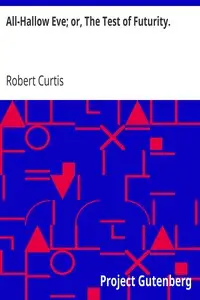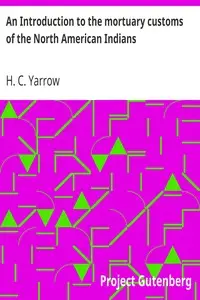"The Threefold Commonwealth" by Rudolf Steiner is a socio-political treatise written in the early 20th century. The work explores profound ideas surrounding the social reconstruction and reform needed to address the pressing issues of contemporary society, particularly emphasizing the interrelationship between economic life, human rights, and spiritual existence. Steiner argues for an independent organization of these three realms to cultivate a healthier social order that aligns with the evolving needs of humanity. The opening of this work establishes a framework where Steiner critiques the current state of society, suggesting that conventional political and economic structures have led to confusion and disarray. He expresses a need for a fresh perspective that acknowledges the spiritual life's significance alongside economic realities and human rights. The author articulates the necessity for personal involvement in shaping social institutions, emphasizing that genuine social progress relies on the free expression of each individual's capabilities, thus moving beyond mere economic considerations to create a holistic and integral social organism. (This is an automatically generated summary.)
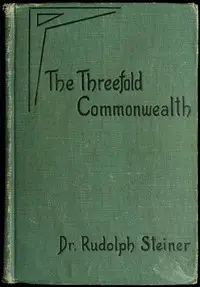
The Threefold Commonwealth
By Rudolf Steiner
"The Threefold Commonwealth" by Rudolf Steiner is a socio-political treatise written in the early 20th century. The work explores profound ideas surro...
Rudolf Joseph Lorenz Steiner was an Austrian occultist, social reformer, architect, esotericist, and claimed clairvoyant. Steiner gained initial recognition at the end of the nineteenth century as a literary critic and published works including The Philosophy of Freedom. At the beginning of the twentieth century he founded an esoteric spiritual movement, anthroposophy, with roots in German idealist philosophy and theosophy. His teachings are influenced by Christian Gnosticism or neognosticism. Many of his ideas are pseudoscientific. He was also prone to pseudohistory.

